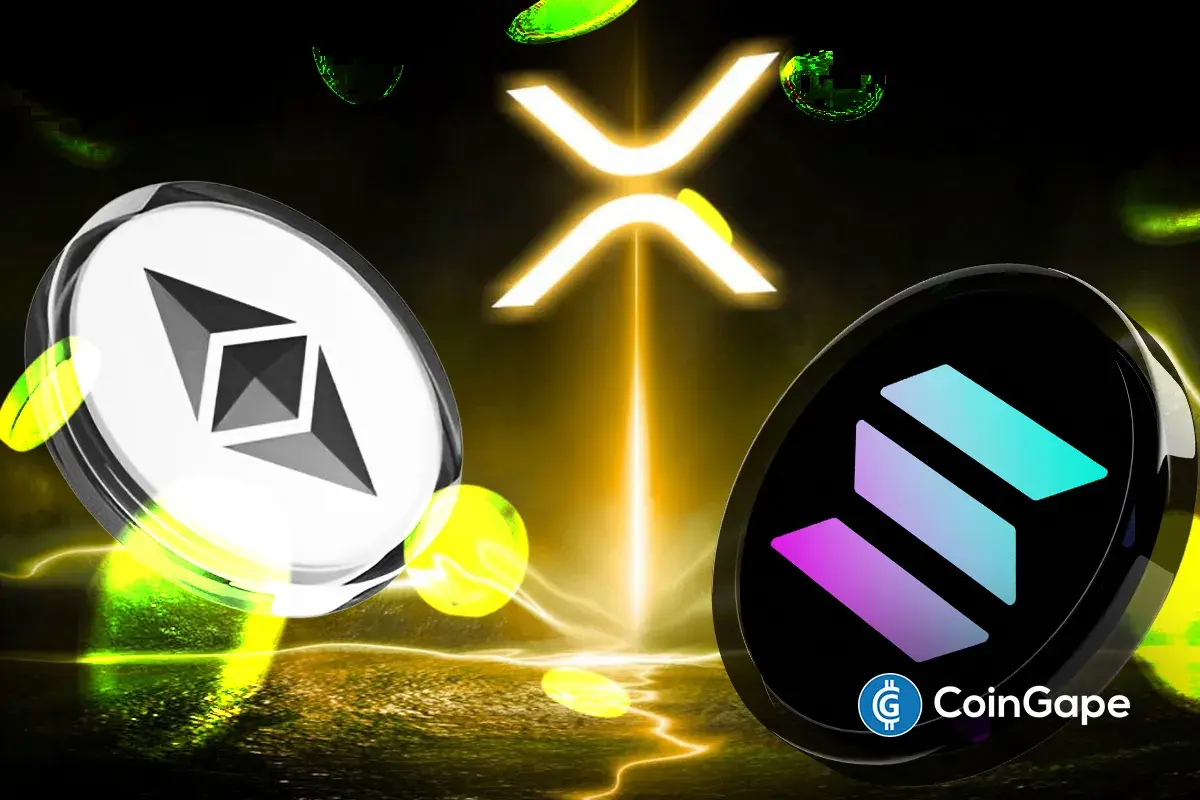Just-In: Ethereum Unveils Native zkEVM Roadmap As ETH Surpasses $3000

Highlights
- Ethereum Foundation announces plan to deploy a Layer 1 zkEVM within a year.
- Startups may need to pivot toward Ethereum-aligned zkVMs and tooling to remain viable.
- The shift aligns with Vitalik Buterin’s broader plan to simplify and scale Layer 1.
Ethereum foundation today has shared a new plan to improve the zero-knowledge (ZK) technology on its network. This move could alter the future of ZK innovation and may force many startups to rethink their roles in the market. This all comes as ETH just crossed $3000. What does this mean for Layer2 Zk Roll Ups?
Ethereum Foundation Announces Zk EVM for Nodes
In an official blog post, the Ethereum Foundation announced its intent to deploy a Layer 1 zkEVM within a year, as part of a full-scale shift toward zero-knowledge proofs. Under the plan, validators will be able to run ZK clients that verify multiple proofs generated by different zkVMs, replacing the need for traditional block re-execution.
According to Ethereum researcher Sophia Gold, this proposal aims to establish real-time proof standards, including latency under 10 seconds, proof sizes below 300 KiB, and 128-bit security. The foundation believes this integration will drastically enhance scalability, security, and censorship resistance on Ethereum, while making the protocol itself more “zk-friendly.”
Ethereum signaled its long-term vision: a blockchain where ZK proofs touch every layer, from consensus signature aggregation to privacy features powered by client-side proving.
At its core, a zero-knowledge proof allows one person (the prover) to demonstrate to another person (the verifier) that a statement is true without revealing the actual data. This useful cryptographic tool originated as a theoretical concept in the 1980s and has since found practical applications in blockchain, including protecting privacy, enhancing scalability, and verifying identities.
This ZK push comes on the heels of broader efforts by Ethereum to make its Layer 1 protocol more user-friendly. As CoinGape earlier reported, Founder Vitalik Buterin discussed simplifying Layer 1 to maintain its strength and scalability in the long run.
Is This A Good News Or Bad News for Layer 2 Zk Roll Ups?
While Ethereum integrating ZK directly could massively boost adoption, it also raises concerns that independent ZK proof startups might be sidelined. With the Ethereum Foundation effectively standardizing proof systems and setting technical benchmarks, smaller ZK teams may face challenges in staying relevant unless they align closely with Ethereum’s framework.
However, Ethereum frames its plan differently: by rallying zkVM projects to build toward common “real-time proving” targets, the foundation argues it’s opening the door to industry-wide collaboration rather than stifling competition.
Ethereum’s integration of ZK proofs at Layer 1 will position the network as a leader in zero-knowledge technology. However, it may also lead ZK-focused startups to adjust their business strategies. Instead of competing with Ethereum, these startups might have better success by creating tools and systems that work well with ETH’s existing standards.
- XRP News: Binance Integrates Ripple’s RLUSD on XRPL After Ethereum Listing
- Breaking: SUI Price Rebounds 7% as Grayscale Amends S-1 for Sui ETF
- Bitget Targets 40% of Tokenized Stock Trading by 2030, Boosts TradFi with One-Click Access
- Trump-Linked World Liberty Targets $9T Forex Market With “World Swap” Launch
- Analysts Warn BTC Price Crash to $10K as Glassnode Flags Structural Weakness
- Cardano Price Prediction Ahead of Midnight Mainnet Launch
- Pi Network Price Prediction as Mainnet Upgrade Deadline Nears on Feb 15
- XRP Price Outlook Amid XRP Community Day 2026
- Ethereum Price at Risk of a 30% Crash as Futures Open Interest Dive During the Crypto Winter
- Ethereum Price Prediction Ahead of Roadmap Upgrades and Hegota Launch
- BTC Price Prediction Ahead of US Jobs Report, CPI Data and U.S. Government Shutdown
















